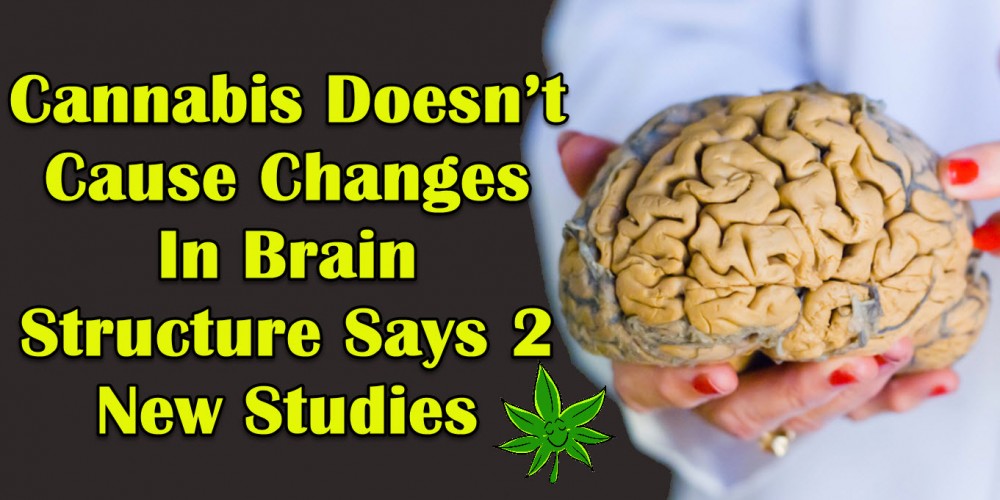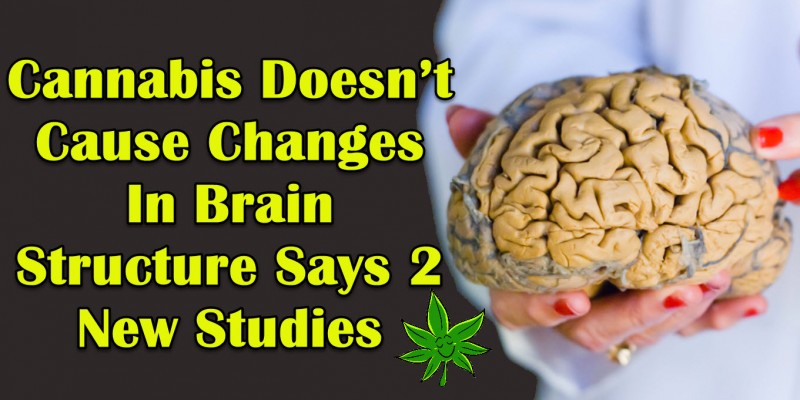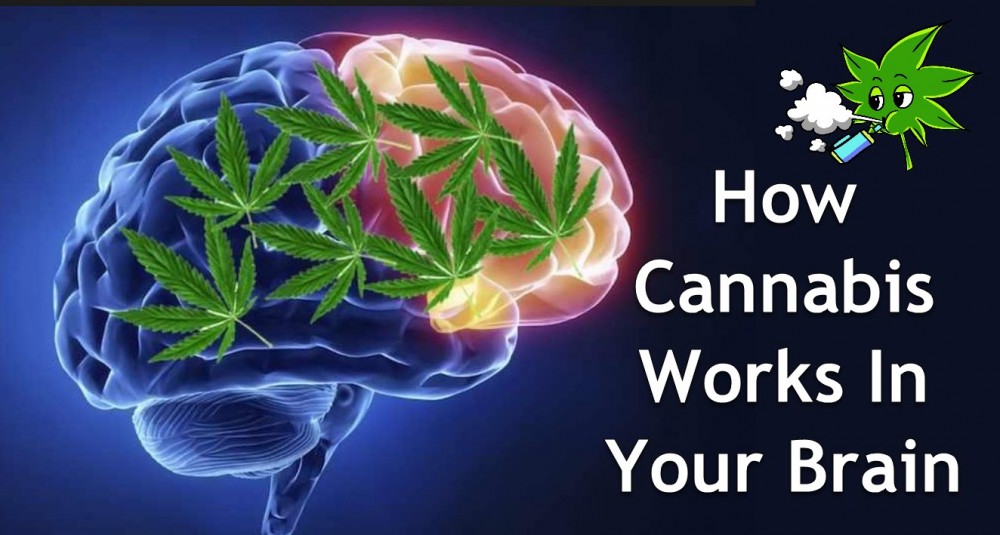Cannabis Doesn’t Cause Changes In Brain Structure Says 2 New Studies

Having a better understanding of how cannabis works in the brain and affects it is fundamental to learning how to use it more efficiently.
However, some people (and even medical professionals) argue that cannabis changes the structure of the brain negatively, leading to cognitive and emotional disorders later on. This is despite the mounting evidence that cannabis can help the brain in many different ways.
Two new studies have discovered that cannabis actually doesn’t alter the brain structure.
Cannabis Causes No Morphological Changes To The Brain
The first study, conducted by researchers from the University of Colorado in Boulder, assessed the impact of long-term cannabis consumption on the brain’s morphological structure. To do this, the researchers compared the MRI scans of 28 users aged 6 and above. The participants used cannabis for an average of 24 years.
Their MRI scans were compared to matched controls. Researchers specifically looked at any differences in gray matter, white matter, cognitive performance, and cerebrospinal fluid (CSF) among those who consumed cannabis versus those who did not.
The findings, which were published in Psychiatry Research, revealed that using cannabis regularly for 24 years “does not have a widespread impact on overall cortical volumes”. They also discovered that there was no substantial difference when it came to the cognitive performance among both users and non users.
“This is in contrast to the large, widespread effects of alcohol on cortical volumes that might be expected to negatively impact cognitive performance,” they wrote.
The findings are significant because these days more seniors are turning to cannabis, especially in place of opioids.
“The current study was able to explore cannabis use in a novel older adult population that has seen recent dramatic increases in cannabis use while controlling for likely confounding variables (e.g. alcohol use). The participants in this study were generally healthy and highly educated, and it is in this context that cannabis use showed limited effects on brain structural measures or cognitive performance,” they concluded.
Cannabis Doesn’t Change Brain Structure In Young Adult Brains
Teenage cannabis use and the impact on their developing brains has become a concern for many parents.
A new study, published in the medical journal Neuropsychology, was conducted by University of Pennsylvania and Perelman School of Medicine Researchers to analyze 781 brain scans of young kids aged 14-22 years of age. Among the 781 participants, there were the non-cannabis consumers, the occasional cannabis consumer who smoked 1-2 times a week, and the frequent cannabis consumers who smoked over 3 times a week.
Based on neuroimaging results, the brain scans of the participants who didn’t use cannabis at all weren’t that much different from the occasional or frequent users.
“There were no significant differences by cannabis group in global or regional brain volumes, cortical thickness, or gray matter density, and no significant group by age interactions were found,” said the researchers. “Follow-up analyses indicated that values of structural neuroimaging measures by cannabis group were similar across regions, and any differences among groups were likely of a small magnitude.”
“In sum, structural brain metrics were largely similar among adolescent and young adult cannabis users and non-users,” the researchers concluded.
In other words, there are no significant changes in the brains of young adults who consume cannabis.
Generally speaking, most people start experimenting with cannabis during the adolescent years. But from a medical standpoint, these years are when the brain is still changing, and thus vulnerable to permanent changes to the brain. Some parents and doctors are concerned that cannabis use during the teen years can lead to permanent altered brain function particularly memory, attention, decision-making, and learning. These effects can last for years, long after the high of cannabis has already worn off.
However, it doesn’t make sense nor is it fair to put all the blame to cannabis. There are also other factors at play such as a predisposition to use harder drugs, existing problem behavior, emotional problems, and peer pressure, all of which can contribute to undesirable life outcomes such as higher risk for dropping out of school, welfare dependence, and unemployment.
With these findings, parents can now relax knowing that cannabis doesn’t have a serious impact on the young adult brain.
OTHER STORIES YOU MAY ENJOY...
HOW CANNABIS WORKS IN YOUR BRAIN, CLICK HERE.







